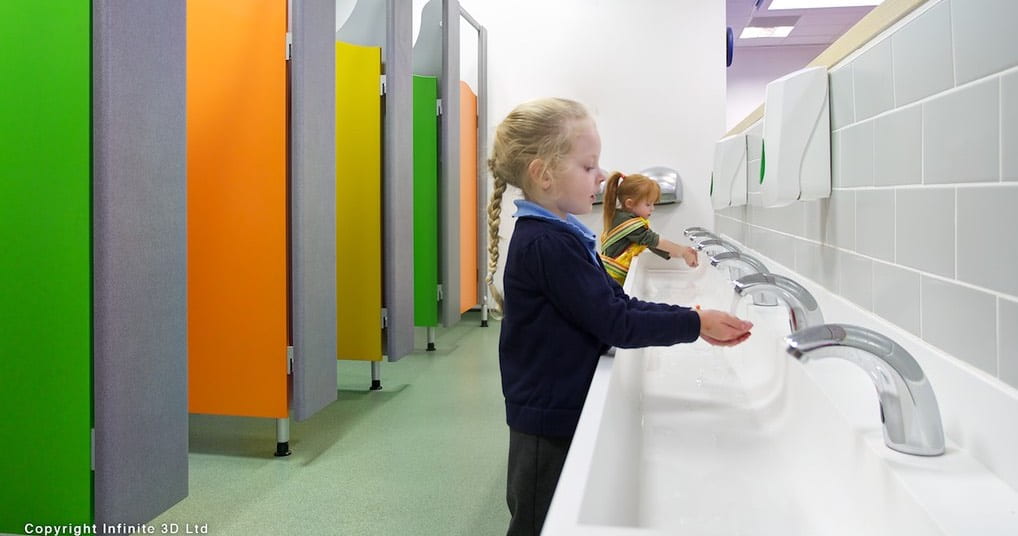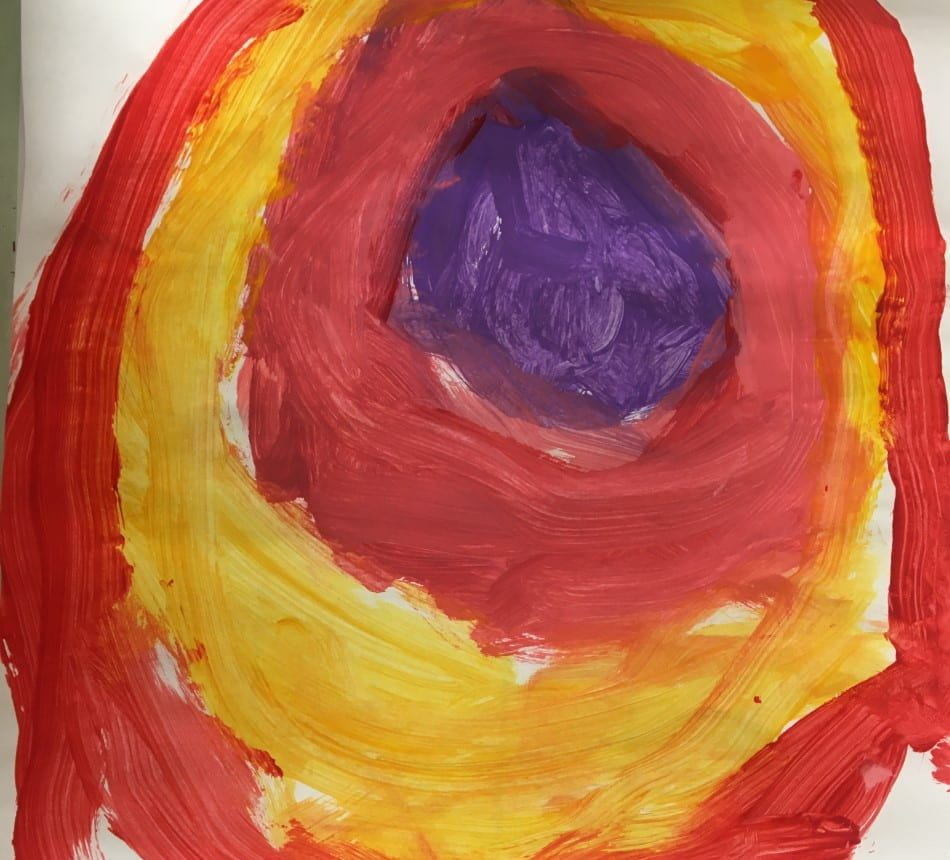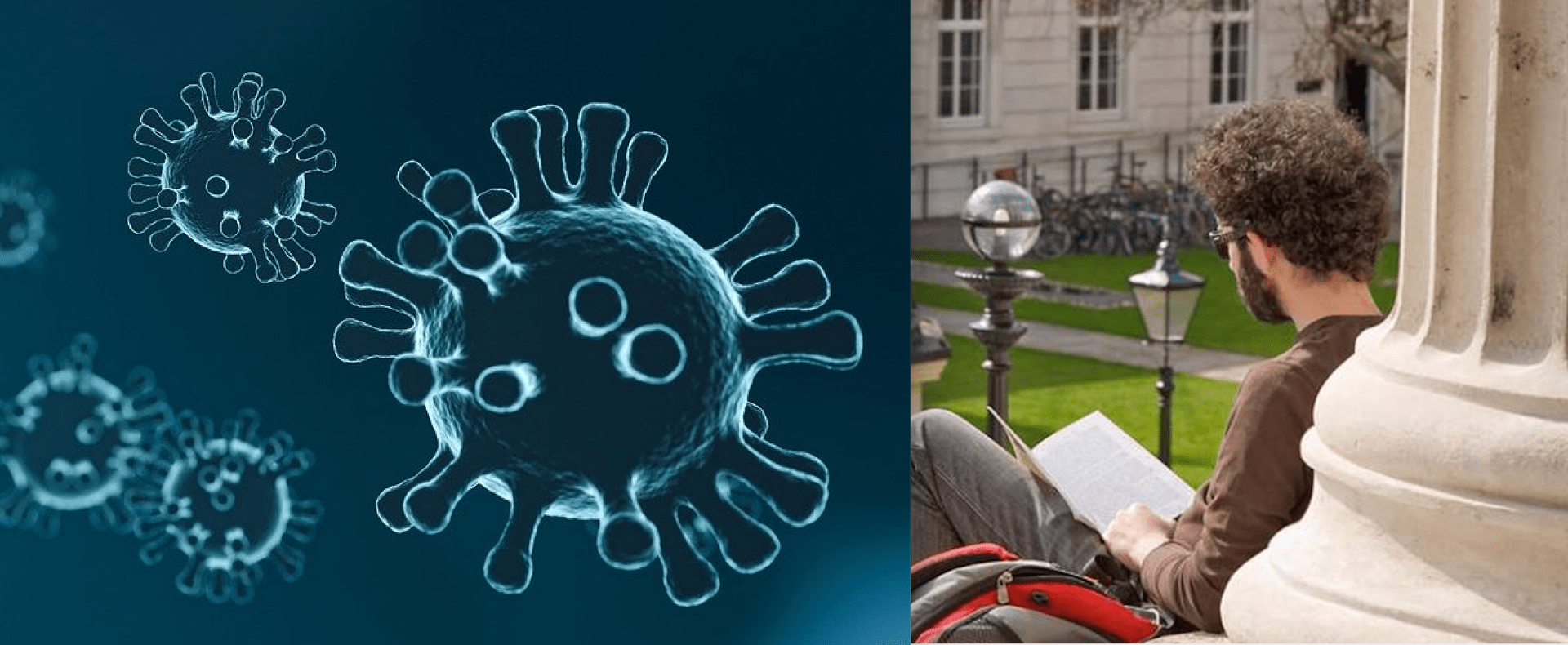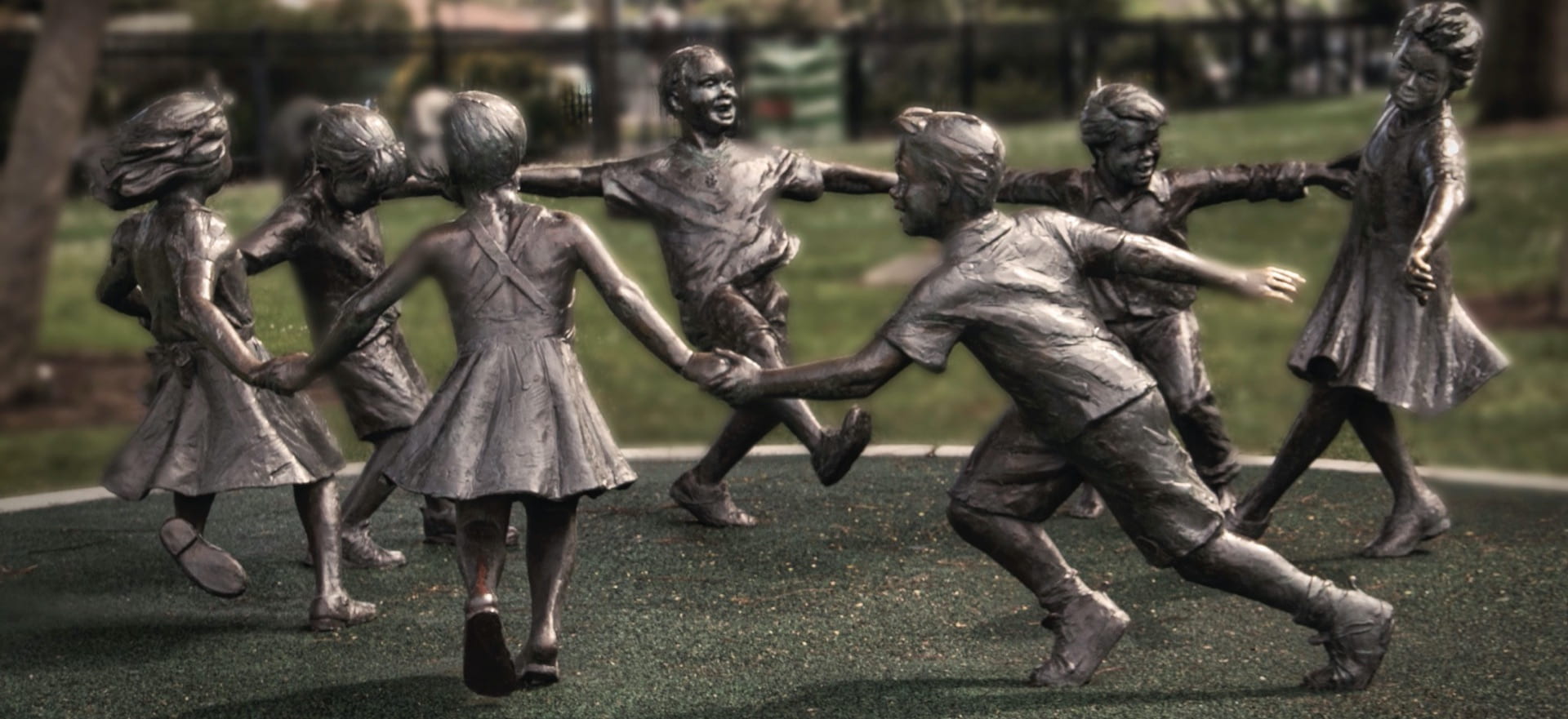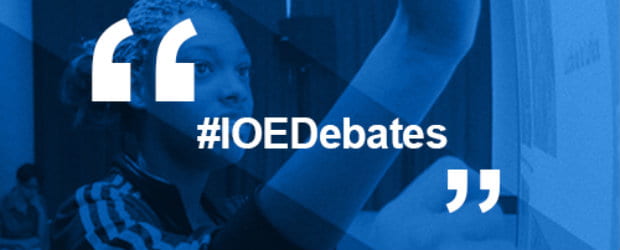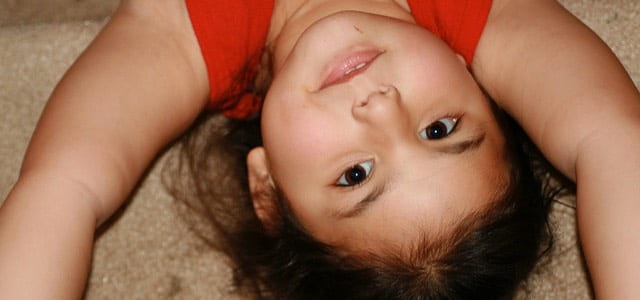Proceed with caution: unravelling the evidence behind the DFE’s Covid guidance on teaching assistants
By Blog Editor, IOE Digital, on 17 July 2020
17 July 2020
By Rob Webster
In the early stages of the UK government’s response to the Coronavirus health emergency, it was common to hear that decisions were ‘being led by the science’. As attention begins to shift to addressing the impact of school closures on the attainment gap, it is essential that schools adopt a similar evidence-based approach.
The DfE’s guidance for the full opening of schools in September contains the following advice for school leaders on deploying teaching assistants (TAs) and other support staff:
“Where support staff capacity is available, schools may consider using this to support catch-up provision or targeted interventions. Teaching assistants may also be deployed to lead groups or cover lessons, under the direction and supervision of a qualified, or nominated, teacher”.
This section of the DfE guidance goes on to point school leaders towards the practical recommendations contained in the Education Endowment Foundation’s (EEF) Making Best Use of Teaching Assistants report. Ordinarily, a link to the EEF’s work in DfE literature is a tacit signal to the reader that the advice being provided is trustworthy, robust (more…)
 Close
Close


